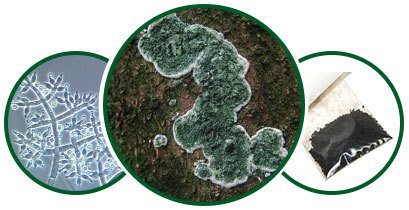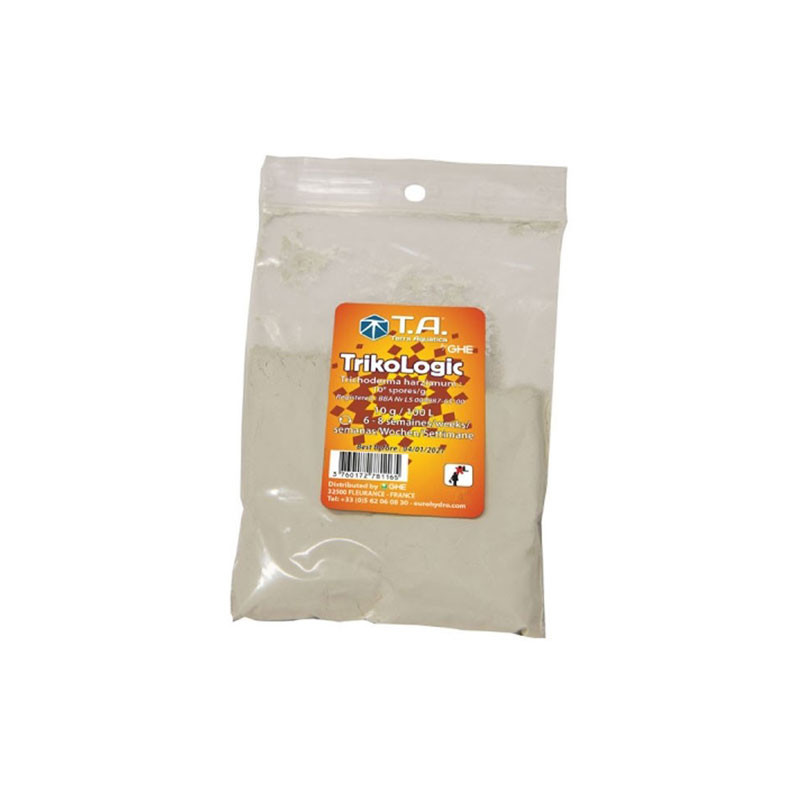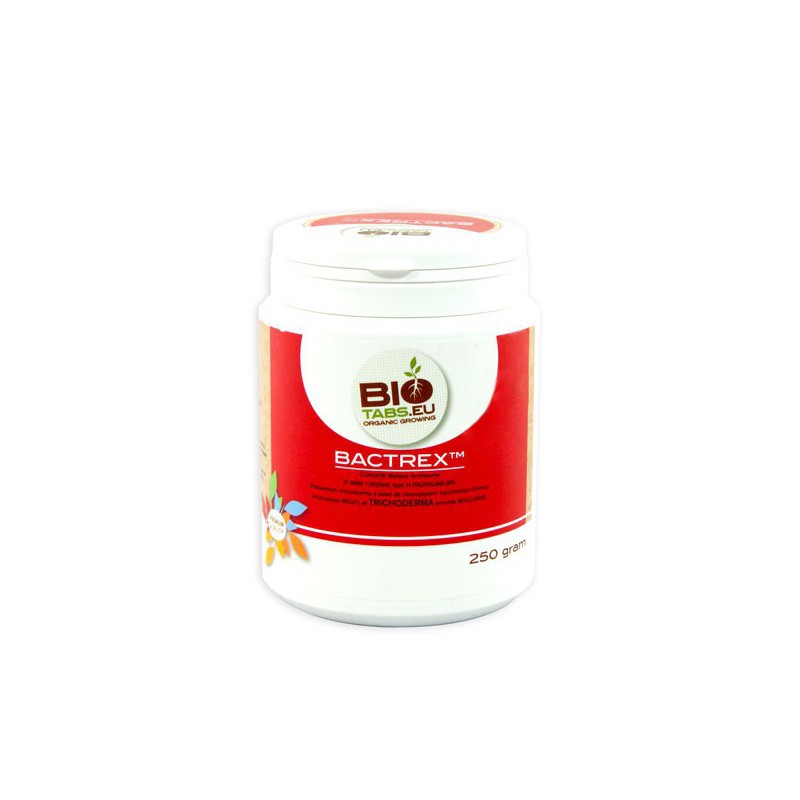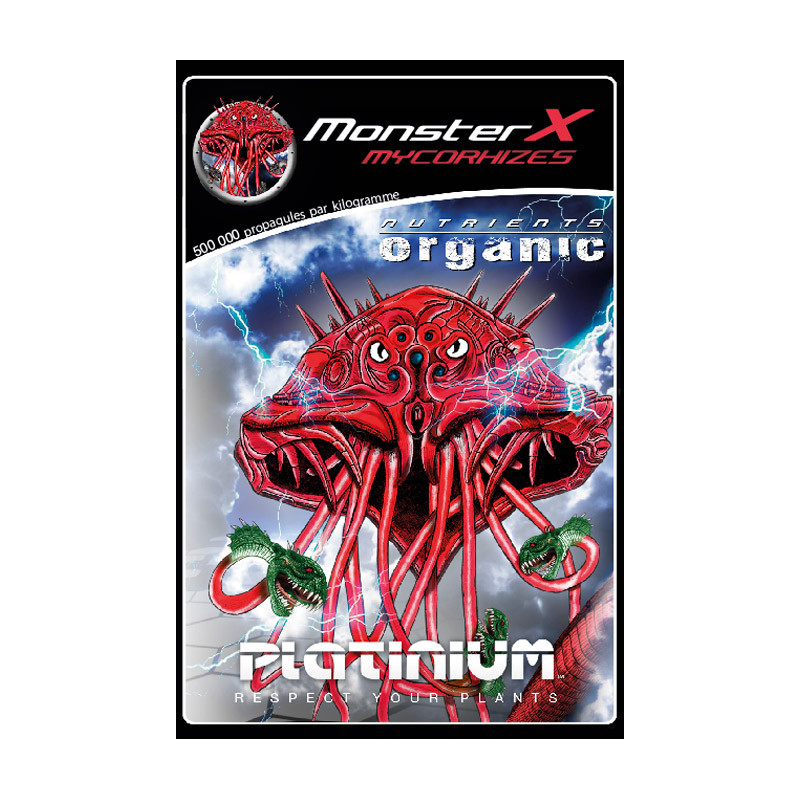Trichoderma are beneficial soil fungi renowned for their ability to promote plant health. As antagonistic organisms, they have the ability to colonize roots and inhibit the growth of harmful pathogens, such as fungal pathogens and nematodes. Their use in agriculture and horticulture is becoming increasingly widespread due to their many benefits for crops.

Antifungal action
Trichodermas produce enzymes that break down the cell walls of pathogenic fungi, making them less virulent. They also compete with pathogens for space and resources, reducing their ability to cause disease. This antifungal action of trichodermas helps protect roots against fungal infections.
Stimulating plant growth
By colonizing roots, trichodermas stimulate plant growth by improving nutrient uptake, increasing water exchange capacity and strengthening root structure. They also promote the production of plant growth hormones, which can lead to more robust development and better resistance to environmental stresses.
Protection against nematodes
Certain types of trichoderma are effective in combating nematodes, microscopic parasites responsible for root damage. Trichodermas can parasitize and kill nematodes, reducing their population and the damage they cause to plants.
Use in organic farming
Trichodermas are compatible with organic farming practices, as they do not require the use of harmful chemicals. Their use can help reduce the need for synthetic pesticides and fertilizers, making them a sustainable option for environmentally conscious growers.
Application of trichodermas
They are available in various forms, such as powders, granules or liquid preparations. They can be applied during soil preparation, seed soaking or plant watering. It is important to follow the manufacturer's recommendations on quantity and frequency of application to optimize results.
In conclusion
Trichoderma are beneficial fungi that promote plant health by protecting roots from pathogens and stimulating growth. Their use in organic farming is appreciated for their natural action and positive impact on the environment. Integrating trichoderma into your growing practices can contribute to healthier plants, better disease resistance and increased yields.




